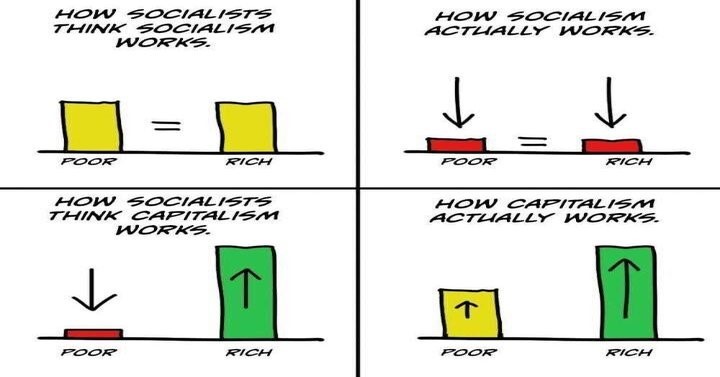26 November 2019 – 26 February 2020
[The U.S.,] and with it most of the Western world, is presently going through a period of inflation and credit expansion . As the quantity of money in circulation and deposits subject to check increases, there prevails a general tendency for the prices of commodities and services to rise. Business is booming. Yet such a boom, artificially engineered by monetary and credit expansion, cannot last forever. It must come to an end sooner or later. For paper money and bank deposits are not a proper substitute for non-existent capital goods. Economic theory has demonstrated in an irrefutable way that a prosperity created by an expansionist monetary and credit policy is illusory and must end in a slump, an economic crisis. It has happened again and again in the past, and it will happen in the future, too.
If one wants to avoid the recurrence of periods of economic depression, one must start by preventing the emergence of artificial booms . One must prevent the governments from embarking upon a policy of cheap interest rates, deficit spending, and borrowing … This is, of course, a very difficult task. Governments are in this regard very obstinate. They long for the popularity that booming business conditions seldom fail to win for the party in power. The unavoidable crash, they think, will appear only later; then the other party will be in power and will have to account to the voters for the evils which their predecessors have sown.
Thus there is no doubt that we shall one day have to face again an economic recession, although it is impossible to determine the date of its outbreak and the degree of its severity. It will be bad indeed. But worse than the crisis itself could prove the psychological and ideological consequences of an erroneous interpretation of its causes.
Ludwig von Mises
New York World Telegram & Sun (28 August 1951)
(Reprinted in Economic Freedom and Interventionism, 1990)
A Wall Street Journal article last month quoted the [Bank of International Settlements] annual report as asserting that “monetary policy can no longer be the main engine of economic growth, and other policy drivers need to kick in to ensure the global economy achieves sustainable momentum.” Really? The question arises whether monetary policy ever was the “main engine of economic growth,” even at times when the BIS was instrumental in spreading that myth. Certainly not during America’s “second Depression” in 1938, when Fed chairman Marriner Eccles threw up his hands and told Franklin Roosevelt there was nothing he could do about it. There was indeed nothing he could do in the face of the New Deal policies that were destroying business confidence. More to the point of today’s global monetary landscape, the BIS seems to be sensing that central banks have exhausted their ammunition. They have driven interest rates, the instrument of their supposed power, down to unbelievably low levels. In many places, real interest rates are negative such that the lender is expected to pay the borrower to accept the use of his money, rather than the other way around.
… Low interest rates can stimulate borrowing, but that isn’t the same as economic growth. Indeed it can often restrain growth. The national debt doubled during the Obama years and now stands at more than [$200 trillion]. Congress got the idea that credit somehow comes free of charge. So now the likes of Elizabeth Warren and Bernie Sanders think there is no limit to how much Uncle Sam can borrow. Easy money not only expands debt-service costs but also encourages malinvestment …
… So when Donald Trump hammers on the Fed for lower rates, which theoretically cheapen the dollar, he is embarked on a fool’s errand. … It is true that low rates on Treasury securities lower the cost of servicing the national debt. But that too is a foolish move if it encourages lawmakers like Mr. Sanders and Ms. Warren in the insane belief that the government has unlimited means to finance its excesses.
“The Myth of Monetary Stimulus Is Unravelling”
The Wall Street Journal
(8 July 2019)

Leithner & Co.’s 20th Anniversary – What’s Worked for Us Since 1999
Leithner & Company Pty Ltd (LCO) is a private investment company that adheres strictly to the traditional “value” approach to investment pioneered by Benjamin Graham and adapted by Warren Buffett. It conducts thorough research; provides reasonable safety of principal and offers an adequate return; and informs its shareholders regularly, fully and in plain language about its investments and results. It’s long been a low-cost, low-risk and reasonable-and-steady-return investment vehicle.
LCO was formed in May 1999, commenced operations in August and recorded its first results for a full six-month period in January-June 2000. Hence our 20th anniversary occurs during the 2019-2020 financial year. This provides an appropriate juncture to review the assumptions, means and objectives that have underpinned our operations, assess their results, trim our sails and plot our course for the future.
To read the full Newsletter click here.
![]()
